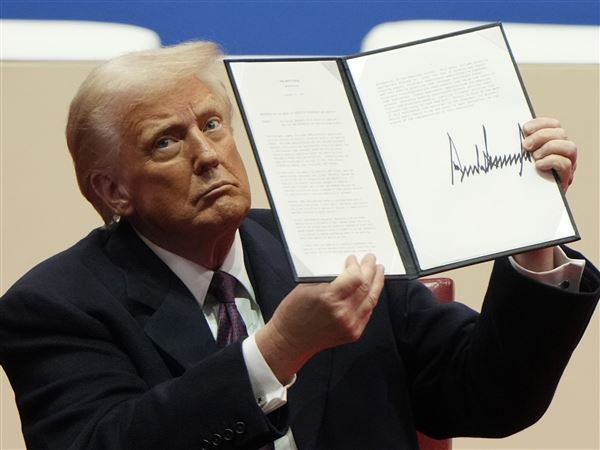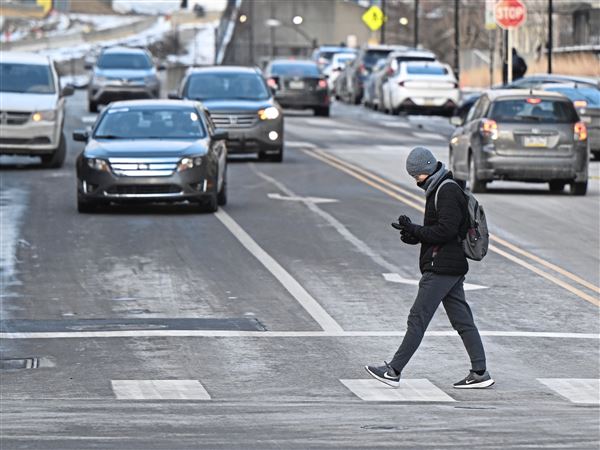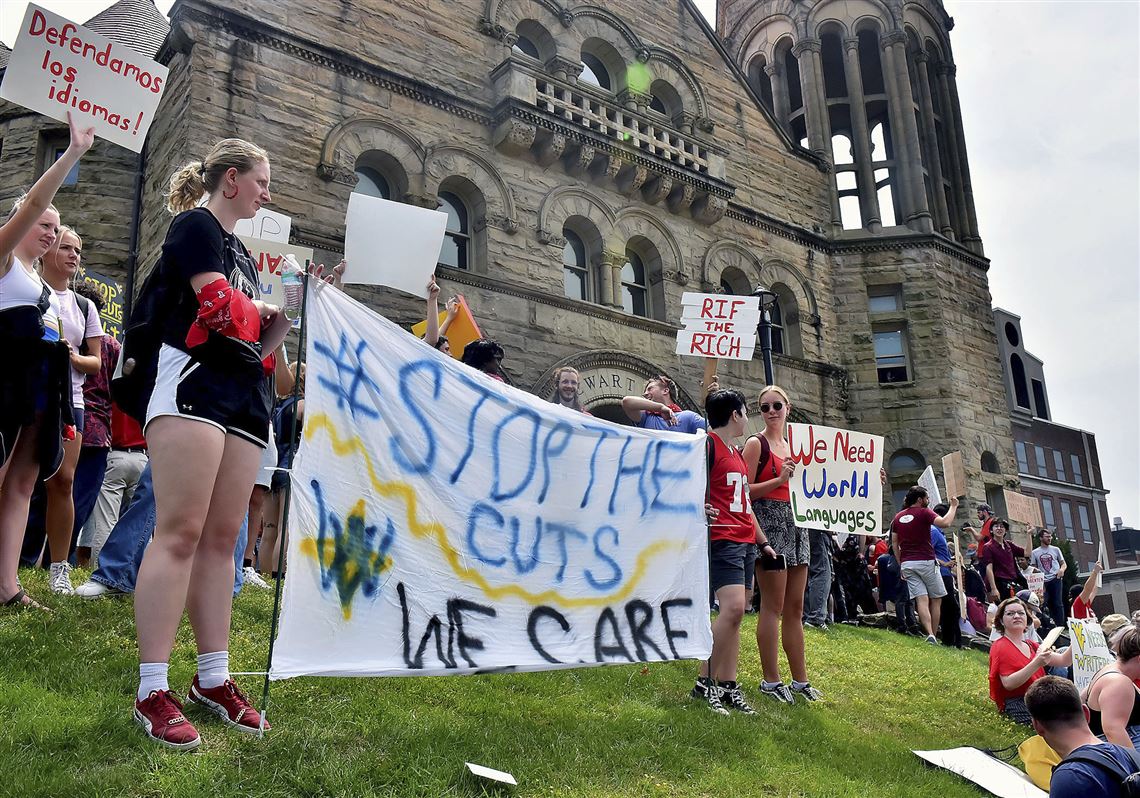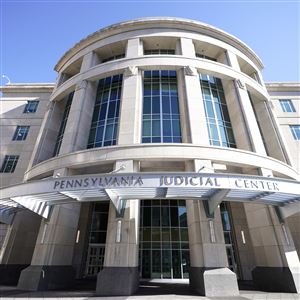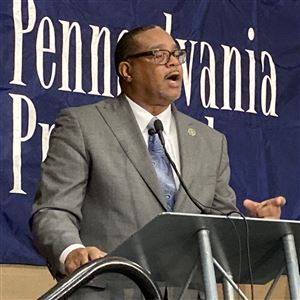West Virginia University, where I teach law, has been making headlines because of administrators’ aggressive proposals to eliminate and shrink programs. As members of the WVU community fight to keep the world languages department open and graduate math study alive, their advocacy efforts are constrained by law and policy frameworks borne of the university’s and state’s hostility to labor, liberal arts education, and free speech in general.
Devastating cuts
Commentators agree that gutting liberal arts programs from a state’s flagship university, firing 169 professors, and displacing students from their majors are extreme measures, even for West Virginia. As a law professor writing on law and infrastructure in distressed rural regions, I agree that the proposals are potentially devastating: public investments in infrastructure, especially higher education, are essential for stabilizing and reversing the fortunes of regions like West Virginia dealing with longstanding socioeconomic challenges.
Similarly concerning are the ways that state law and the university’s policies have made it all the more difficult for WVU employees to advocate for a better future. WVU employees’ hands were already tied before the administration’s plans were even announced.
In 2018 and 2019, West Virginia K-12 teachers and other school workers inspired educators across the country through a statewide strike that ultimately secured them better working conditions. But the state legislature’s response to the strike was to ensure it didn’t happen again. In 2021, the state passed a law providing that “[p]ublic employees in West Virginia have no right…to engage in collective bargaining … and any work stoppage or strike by public employees is hereby declared to be unlawful.”
While the law perhaps merely codified the state Supreme Court’s 1990 ruling with similar substance, the legislature gave this non-right more teeth. Striking by a public employee is now “grounds for termination” or reduction in pay. This legal framework understandably has a chilling effect on the organizing efforts of WVU’s faculty and staff.
The university’s speech code
It is also not clear that WVU faculty are even allowed to criticize the university’s administration. Faculty at WVU are typically re-appointed each year, and for the 2023-2024 academic year, the appointment letters faculty were required to sign included a “speech code” making professors agree to “accept and encourage change that is for the greater good” and to “avoid conduct that reflects adversely on the image of the university.”
The WVU Code of Conduct also provides that WVU employees will “[r]espect the decisions that have been made in the best interest of the University.”
The speech code has been criticized as an “unconstitutionally vague” violation of faculty’s First Amendment rights. Nonetheless, it has already deterred faculty from speaking out. Faculty are commenting on the proposed cuts, including by insisting that the administration’s rationales for the cuts are misleading or inaccurate — but some feel compelled to do so through accounts kept anonymous on forums like Twitter and Wordpress.
News coverage for years has established a pattern of questionable administrative decisions that have at the very least raised eyebrows. For instance, the administration bemoans a $45 million budget shortfall, yet a lavish $100 million building approved by the university’s president opened just last year.
The situation raises the question of whether the prospect of financial mismanagement could lead to an investigation by a state or federal agency. Given the dissonance between administrators’ inflated enrollment predictions, high salaries, expensive construction investments, and plans to dismantle a 156-year-old public institution to cover the fallout, the circumstances might prompt speculation as to whether all of these decisions have been above board.
A tangible difference
But the state political climate seems unlikely to lead to a state agency’s investigation, as members of the Republican-controlled legislature applaud these developments at the university. And absent evidence of financial crimes like bribery and wire fraud, or actionable mismanagement like misreporting the use of federal funds, it is not clear that the situation at WVU will rise to a level that draws the attention of the U.S. Department of Justice or Department of Education.
Despite the ways in which West Virginia’s frameworks have tied the hands of WVU community members, they are using all of the tools at their disposal. On Monday, students organized a walkout in protest, demanding an independent audit of the university’s finances, reduced administrative spending, and increased state funding. Petitions are circulating online. National news coverage has proliferated.
In response, the administration did seem to offer a concession by announcing a plan not to refill the position of the university’s vice president of talent and culture. The move shows that the community’s advocacy — the limited advocacy it is still permitted to do — along with the growing national scrutiny on West Virginia are making a tangible difference, and can continue to do more.
Ann Eisenberg is a professor of law at West Virginia University College of Law. This article expresses her thoughts as a private citizen and does not represent the views of her employer.
First Published: August 25, 2023, 9:30 a.m.


